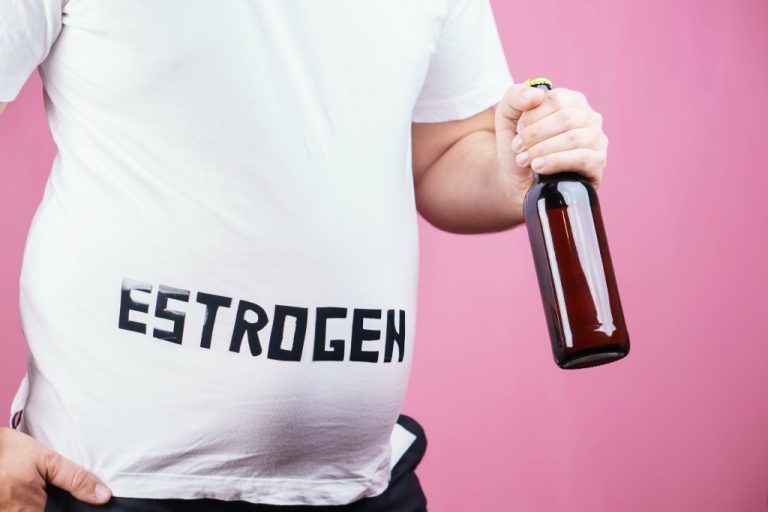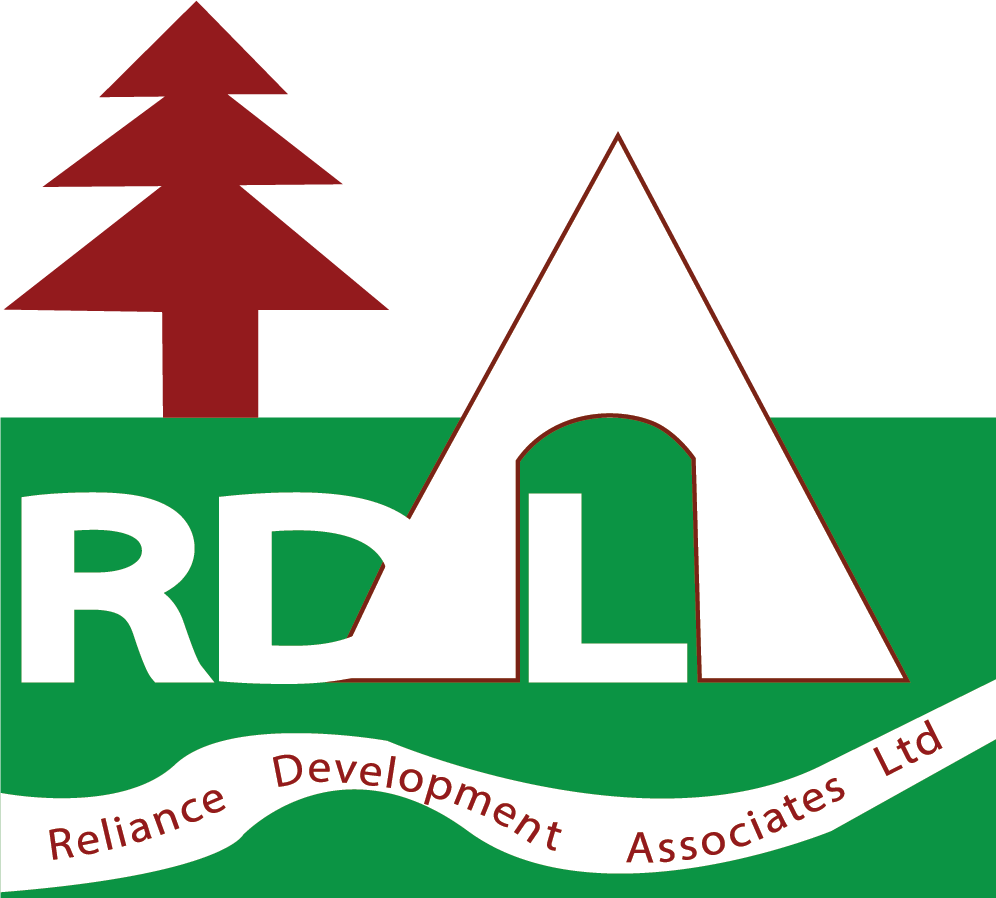Content
A time-limited, intensive, clinical service that is often medically monitored but is a step in intensity below inpatient hospitalization. A patient may participate in clinical services all day long for days to weeks but resides at home. Born out of the principles, practices, and structure of Alcoholics Anonymous (AA), Narcotics Anonymous is an international fellowship for individuals with problematic drug use.
Milestones can help motivate a person to remain sober to reach the next milestone. Getting support doesn’t have to mean going to rehab, although that is an option. Support can also look like joining in-person and online support groups. One recent study demonstrated the potential benefits of combining in-person and online support methods.
Quickly relieve stress without drugs
A synthetic analog of an illegal drug, devised to circumvent drug laws through changes to chemical compounds. A dollar amount that an insured patient is expected to pay at the time of service. Anger is a normal and natural emotion, but how you deal with it will make a difference in maintaining your recovery.
- It is important to state that 12-step programs are quite effective for a self-selected group of people who enjoy these meetings, who relate to them culturally, and who find them invaluable to sustain their recoveries.
- Research suggests they often thrive in long-term recovery, reconnecting with family and enjoying economic success.
- Another reason we regularly see people get stuck in the precontemplation stage is disappointment with multiple failed attempts at recovery and treatment options.
- Businesses that help solve social problems, improve communities, people’s life chances, or environment.
- Common setbacks to getting and staying sober include withdrawal, craving, and pressure to use substances.
They don’t have to be direct triggers, like someone offering you the substance. Professional support can look like bringing your healthcare provider into the conversation about your drug and alcohol use, seeking an in-person or online recovery program, or attending various therapy types. Admitting that there’s https://www.healthworkscollective.com/how-choose-sober-house-tips-to-focus-on/ a need for a change in your life can be one of the most challenging parts of getting sober. Recognizing this need for change means taking into account how drugs or alcohol have been causing problems in areas of your life. It’s OK if a person returns to this step many times on their journey toward sobriety.
Uncover Root Causes of Drug or Alcohol Use
Since addiction is a chronic disease with no known cure, there is no timetable for recovery. Recovering from drug and alcohol addiction is a lifetime journey that involves daily work. There are a variety of treatment options available for anyone with a substance abuse disorder. A short-term program is any program that lasts less than three months. Long-term treatment is generally considered a program that includes at least 90 days in a residential setting.

If it seems like being sober is all about letting go, bear in mind this doesn’t mean you will be alone. With less toxicity in your life, you open space for building healthy relationships that are genuinely supportive and nourishing. If you’re involved in a 12-step program, you likely already know the importance of milestones.
Build a meaningful drug-free life
Or you might rather spend time volunteering for a good cause, like an animal shelter or children’s hospital. Whatever it is, new activities can lead to new friends with interests like yours. Having goals to work toward and something to look forward to can be powerful antidotes to drug addiction. It doesn’t matter what the goals are, just that they are important to you. When this happens, it can be useful to stay with the urge until it passes. Imagine yourself as a surfer who will ride the wave of your drug craving, staying on top of it until it crests, breaks, and turns into less powerful, foamy surf.
Conversely, poor self-care sends messages to yourself that you don’t care about your wellbeing and can trigger a relapse. For example, eating a diet that is unhealthy, low in nutrients, and/or high in sugar may result in poor physiological and neurological health that can lead to low mood and cause alcohol or drug cravings. Weight gain can lead to individuals feeling depressed, and trigger thoughts that their substance use might help them lose the weight they have put on.
Identify Your Personal Triggers
For example, your friends can say they support your sober living journey and avoid offering substances to you. However, if they’re still opening and actively consuming substances in your presence, you may still need to separate yourself. This article will describe sobriety in more detail, the challenges a person faces while working to stay sober, the options for treatment, and tips for building a sober lifestyle.
- Intended to educate the public and concerned significant others about the nature and scope of 12-step meetings.
- The symptoms involved in PAWS can be a barrier to recovery if you’re not careful.
- If these emotions become excessive, they can hold you back from recovery.
Anyone can overcome addiction with the help and guidance of a substance abuse treatment program. Healthcare legislation enacted on March 23, 2010, making substance use disorders one of the ten elements of essential health benefits in the United States. It requires that Medicaid and all insurance plans sober house sold on the Health Insurance Exchange provide services for substance use disorder treatment at the same level as other medical procedures. Commonly referred to as the Affordable Care Act, ACA, or “Obamacare” after US president, Barack Obama, under whose government the law was formulated and enacted.
At its simplest level, sobriety is the act of not drinking alcohol. This is where most people in recovery naturally begin, first fighting the lingering effects of withdrawal and then working hard to maintain abstinence, all the while fighting cravings for alcohol, both conscious and unconscious. As humans, we move in and out of states of emotion depending on a variety of internal and external factors. Emotional sobriety means addressing all the negative feelings, thoughts, and behaviors that were smothered and ignored by drinking or drug use. While practicing emotional sobriety won’t prevent us from experiencing negative thoughts or emotions, it will allow us to feel and honor our emotions, rather than being consumed or directed by them.
What is the difference between being sober and in recovery?
Although often used interchangeably, getting sober isn't the same as being in recovery. When we think of sobriety, we immediately think of abstinence from a substance or substances. Recovery, however, is much more than physical sobriety. It is also about mental and emotional healing.
The process described here is abstinence rather than sobriety, though. Sobriety per the textbook definition simply means not being intoxicated at any given point. In 2020, roughly 1.4% of those who suffered from a substance abuse problem sought treatment.
Build a Support Network
Addiction is a lifelong disease, and tools such as addiction medicine (like methadone), behavioral therapy, and support groups provide crucial support even after the initial treatment program ends. However, some people may still suffer through post-acute withdrawal syndrome (PAWS). Many people have completed or are continuing to work through a treatment program. These programs should be complemented with therapy and support groups.
If you or a loved one is struggling with addiction, the good news is that addiction is treatable. Sometimes, people couldn’t access treatment because they couldn’t afford it. However, the overwhelming majority of those who didn’t seek treatment chose not to because they felt they didn’t need professional intervention. Here are five steps that can help encourage more long-term recovery. Many other groups have followed the principles laid out by AA and have similar steps.
